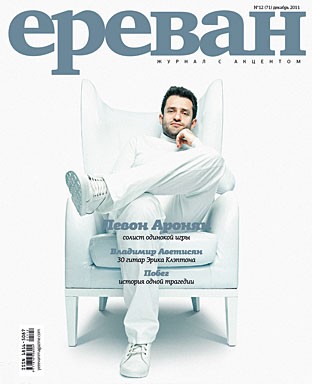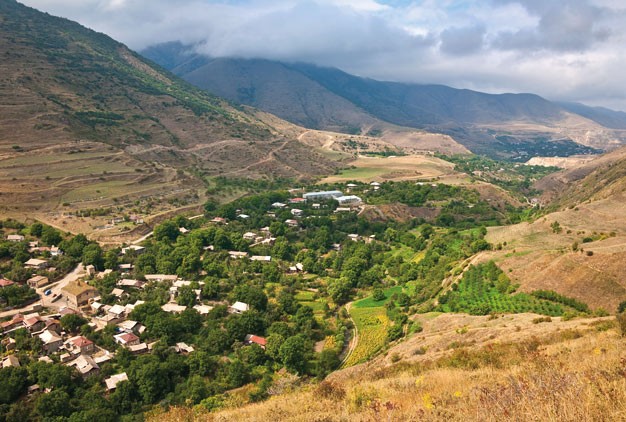Thanksgiving is over, which means Christmas is just around the corner. After Christmas, the new year. And the new year means just 5 more months of working at my school (which is in many ways signifies the end of my service. So, when you think about it, I have about 6 months left of Peace Corps service. The majority of my two-year commitment has been fulfilled, and that is a strange thought.
The second year has been a little different, and better in most regards. Language skills are a huge factor, and just knowing people in my community. Winter has come earlier this year, but not only do I have my wood cut and chopped, I have my apples to sustain me through the season. Ergo, winter can bring it.
But most things are the same. I’m going to school, teaching classes, giving guitar lessons, and doing after-school tutor sessions a couple times a week. Lots of tea is being consumed sitting by my wood stove, and my books are slowly being transferred to the “read” pile. My food is largely being cooked on the wood stove, too.
I’ve to some extent given up on the Armenian language because I’m comfortable with it and have no interest in becoming completely fluent in it (currently at an “Advanced Low” level according to Peace Corps, though I hesitate to attach “Advanced” to any description of my language skills). Instead, I’ve decided to take up Russian. Since arriving here, I’ve said that I’d like to study Russian because 1. It’s a world language and thus more useful 2. Armenia is a post-Soviet country, many words come from Russian and it is widely known by the older generation, and 3. I have the time to do it.
Before starting, I knew Russian grammar would be a bitch, and I have been able to confirm that with this book (which is excellent, btw). Not only does it have gender, like Spanish (unlike English or Armenian), but words must also be declined depending what their function is in the sentence. English has just a few of these. “He” becomes “him” when it is the object (Ann loves him, not he). In Russian, you’re lucky if you get to say a sentence where there are no declensions. So not only do you have to remember the gender of the nouns you say, but also which case you must use (i.e., Nominative, Genitive, Dative, Accusative, Instrumental, or Prepositional). This goes as well for the adjectives that describe those nouns. So in the sentence, “I read interesting books”, “books” must be declined in its accusative plural form, and “interesting” changed to correspond with that declension. AH! I took a semester of ancient Greek in college, and it has declensions as well, but then it was only necessary to recognize them when reading and writing. It is much more difficult with a spoken language. Despite the difficulty of the grammar, it is indeed fascinating and surprisingly fun the study.
Reading about and learning the Russian language has made me more excited to get into the Russian literature that I have been planning on reading for a long time. I read a few Dostoyevsky books last winter, and next up is The Brothers Karamozov. I thought that was a beast until I got Tolstoy’s War and Peace from another PCV. Over 1300 pages. Those two should keep me occupied for at least a month, probably more. I also have The Portable Nineteenth-Century Russian Reader which has selections from a number of authors. From this book, Anton Chekhov particularly interests me because Cornel West considers himself a “Chekhovian Christian,” which refers to Chekhov’s plays and stories that deal with the absolute absurdity of life and the human condition. Curious to find out more.



